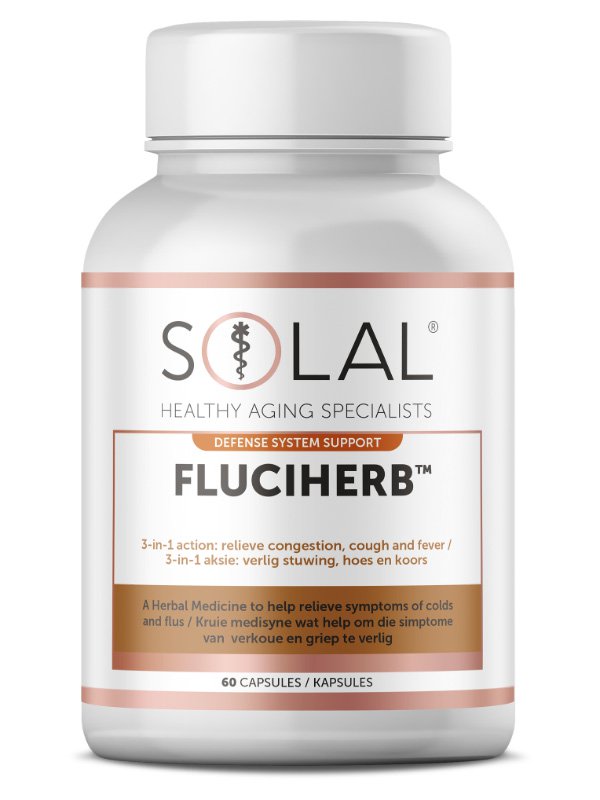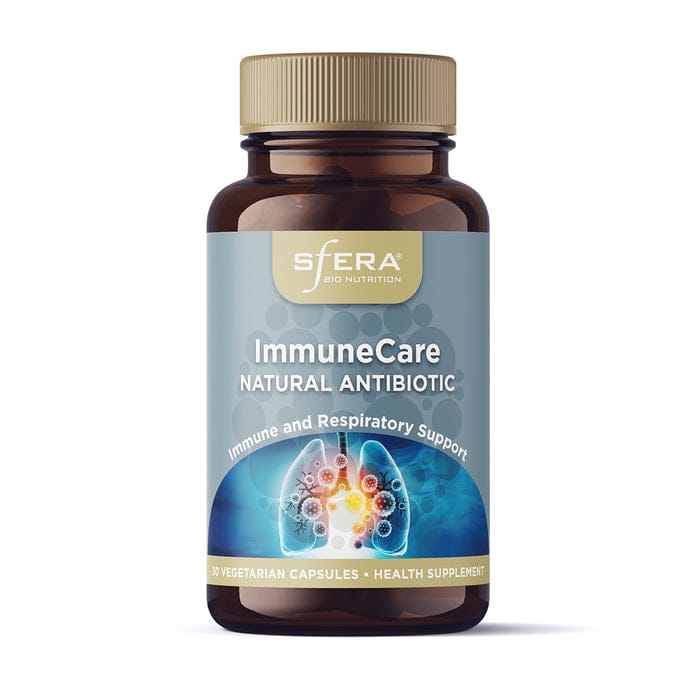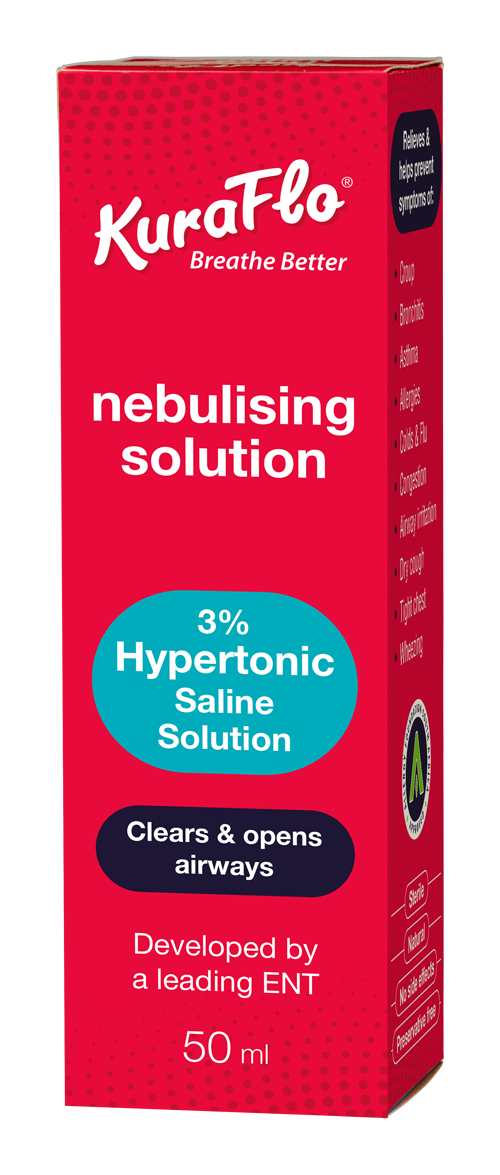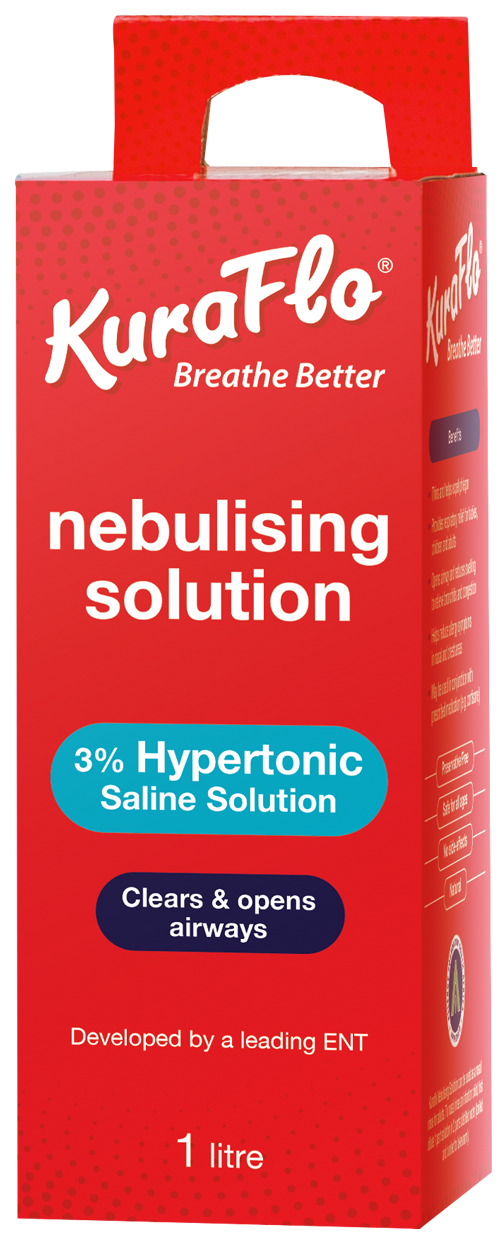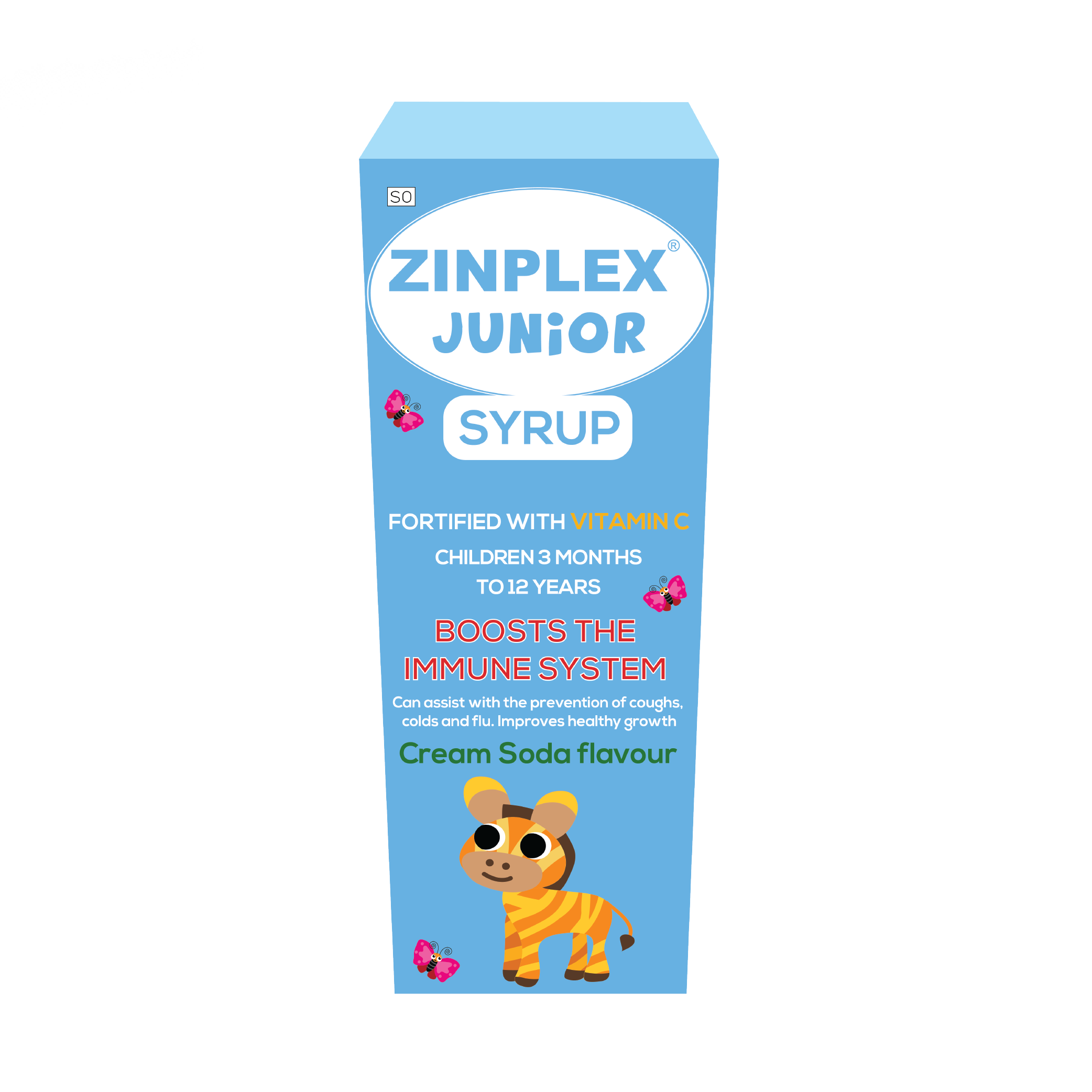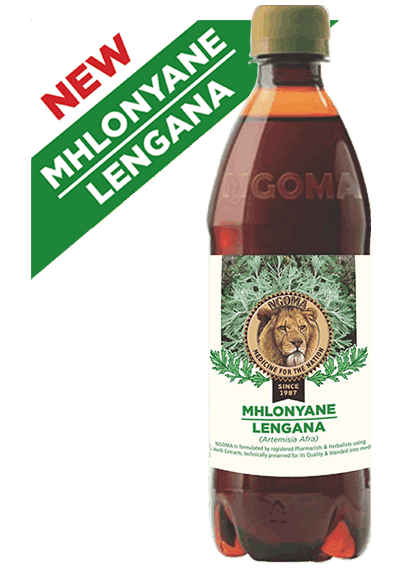
Escentia Eucalyptus Essential Oil (Smithii) – RSA (Eucalyptus smithii)
5 Litre
Extraction:
Steam distillation of the fresh or partially dried leaves.
Charactersitics:
A colourless to pale yellow mobile liquid with a penetrating camphoraceous odour and a woody-sweet undertone.
TOP NOTE
Odour effects:
Penetrating, stimulating.
Cautions:
A powerful oil, so take care with dosage. Avoid using on clients with high blood pressure and epilepsy. Could antidote homeopathic medication.
Main chemical constituents:
Isovaleraldehyde – 2%
Limonene, alpha-pinene – 2%
1.8. Cineole – 78%
Terpineol, geraniol, eudesmol – 2%
Properties and indications:
MIND
Clears the head, aids concentration and strengthens the nervous system.
BODY
A digestive stimulant. Anti-viral action works on respiratory tract, soothing inflammation and easing mucous. Good for influenza, asthma and sinusitis. Cools and deodorises, and lowers fever. Is said to bring relief to painful joints and muscles.
SKIN
Good for burns and skin eruptions such as herpes. Prevents bacterial growth and aids in construction of new tissue. Does well for cuts, ulcers and inflammatory conditions.
Other uses:
Used widely in linaments, cough sweets and syrups, toothpaste, dentistry and veterinary practise.
Blends well with:
Benzoin, Coriander, Juniperberry, Lavender, Lemon, Lemongrass, Melissa, Pine, Thyme.
There are 600 species of Eucalyptus, belonging to the family myrtacaea. Of these less than 20 have been used to produce oil on a commercial basis. The genus Eucalyptus is attributed to a French botanist who used the Greek ‘eu’ (well) and ‘kalipto’ (covered) to describe the little cups that strew the ground under these trees.
Although of Australian origin, (the aborigines call it “KINO!” countries such as the Congo, Ethiopia and South Africa, China, Brazil and some Mediterranean countries have large forests of Eucalyptus. These trees were planted in South Africa for their timber for mining, paper, and for telegraph poles, having a very quick growing wood, with very long and very straight trunks. We also know that this tree is now regarded in our country as an alien tree, and can only be planted with permission, as it is a very water hungry tree, and is considered capable of drying up primary water sources if grown near them. It was found to inhibit growth of all surrounding plants by the emission of a toxic chemical into the soil. It arrived as an ornamental species in Europe in the late 1700’s.
We discuss four species here, the essential oils of which are produced using the steam distillation process.
All Eucalyptus oils have some or all of the following properties: Antiseptic, antiviral, bactericidal, fungicidal, decongestant, expectorant, antispasmodic, febrifuge, analgesic, antirheumatic, antineuralgic, deodorant, insecticidal.
E. Globulus, also called “Blue gum” The oil is currently produced extensively in China, and also in Spain, Portugal and Brazil. It has a strong camphoraceous, woody odour. Its high 1,8 Cineol content gives powerful antiseptic and expectorant qualities, being widely known as a respiratory decongestant for flu, colds, asthma, bronchitis, sinusitis, throat infections and catarrh. It is reputed to lower blood sugar. The topical application of this oil appears to reduce the incidence of athlete’s foot, and soothes the rashes of chicken pox and measles, soothes burns, reduces the itch of insect bites, and heals minor skin infections. It is a useful inclusion in blends for headaches, migraines, and neuralgia. It has a good reputation as an insect repellent.
E. Smithii., also known as “Gully gum” also has a high 1,8 Cineol content, with very similar actions and odour to E. globulus. The trees are grown extensively in Southern Africa, resulting in this oil being popularized here by local oil suppliers. Aside from all above properties (see globulus), it is slightly sweeter, and is also know for relief of painful joins and muscles.
This oil has wonderful uses, as follows:
A few drops in warm water has a soothing and revitalising effect on tired and swollen feet.
A few drops added to the hot coals of a sauna will clear the sinuses and is invigorating.
Three to five drops in a full bath of warm water will offer full use of its anti-fungal and anti-septic properties.
Five to seven drops in a burner of humidifier will clear stuffy air, control dust mites and decongest nasal passages.
For back and muscle aches including arthritis and rheumatism, dilute the oil into a carrier and massage gently into the effected area.
Is a useful deodoriser for musty areas and smoking zones.
It can be added to the rinse water instead of fabric softener, having mild stain removing properties, and will leave clothing smelling fresh and fragrant.
All contact with epithelial areas should be avoided. Note this oil is flammable, and is toxic if ingested.
While this oil has been scheduled as a poison in certain countries, it has been suggested that the evidence that Eucalyptus oil is dangerous is very thin indeed. In fact remarkable records show that the ingestion of large doses have been survived, usually with no permanent ill effects. It seem that 1,8 Cineol is not that dangerous at all.
E. Citriodora, Known as “lemon-scented gum”, is cultivated and produced mainly in Brazil and China. It has a strong lemon-citron odour, with a sweet, woody undertone. It has totally different properties from the above two, with a marked swing to a high (80%) aldehyde content, known as citronellal. Quite opposite to the above two species, it is calming to the nervous system, and is thought to be useful for lowering blood pressure. It has been used effectively for treating asthma. Its bacteriostatic activity makes it useful in treating herpes, (cold sores, chicken pox) infectious diseases, fungal infections and skin infections, (candida) dandruff, throat infection. It is an excellent insect repellent in its own right and can be used in cupboards to repel fish moths, clothes moths and cockroaches.
E. Dives, known as “broad-leaf peppermint”, is grown in Australia and also South Africa. It has a fresh, camphoraceous, spicy odour. This oil is again very different, therapeutically, from the other eucalyptus oils because of its high ketone content – Piperitone, 40 – 54%. It is good for muscular aches and pains, neuralgia, arthritis and rheumatism, and sports injuries and sprains. It is a good febrifuge, being capable of reducing fevers successfully. It is a diuretic, having a positive influence on the kidneys, and is good for healthy liver function.
It is to be strictly avoided in pregnancy and for use on children.
Extraction:
Steam distillation of the fresh or partially dried leaves.
Charactersitics:
A colourless to pale yellow mobile liquid with a penetrating camphoraceous odour and a woody-sweet undertone.
TOP NOTE
Odour effects:
Penetrating, stimulating.
Cautions:
A powerful oil, so take care with dosage. Avoid using on clients with high blood pressure and epilepsy. Could antidote homeopathic medication.
Main chemical constituents:
Isovaleraldehyde – 2%
Limonene, alpha-pinene – 2%
1.8. Cineole – 78%
Terpineol, geraniol, eudesmol – 2%
Properties and indications:
MIND
Clears the head, aids concentration and strengthens the nervous system.
BODY
A digestive stimulant. Anti-viral action works on respiratory tract, soothing inflammation and easing mucous. Good for influenza, asthma and sinusitis. Cools and deodorises, and lowers fever. Is said to bring relief to painful joints and muscles.
SKIN
Good for burns and skin eruptions such as herpes. Prevents bacterial growth and aids in construction of new tissue. Does well for cuts, ulcers and inflammatory conditions.
Other uses:
Used widely in linaments, cough sweets and syrups, toothpaste, dentistry and veterinary practise.
